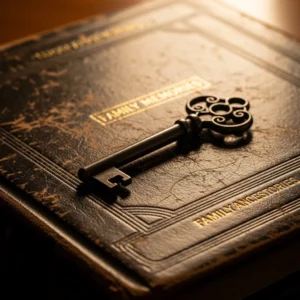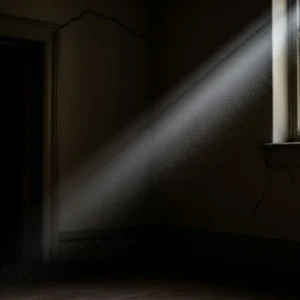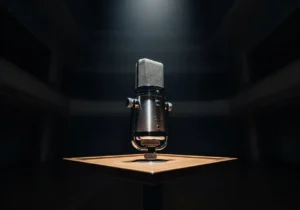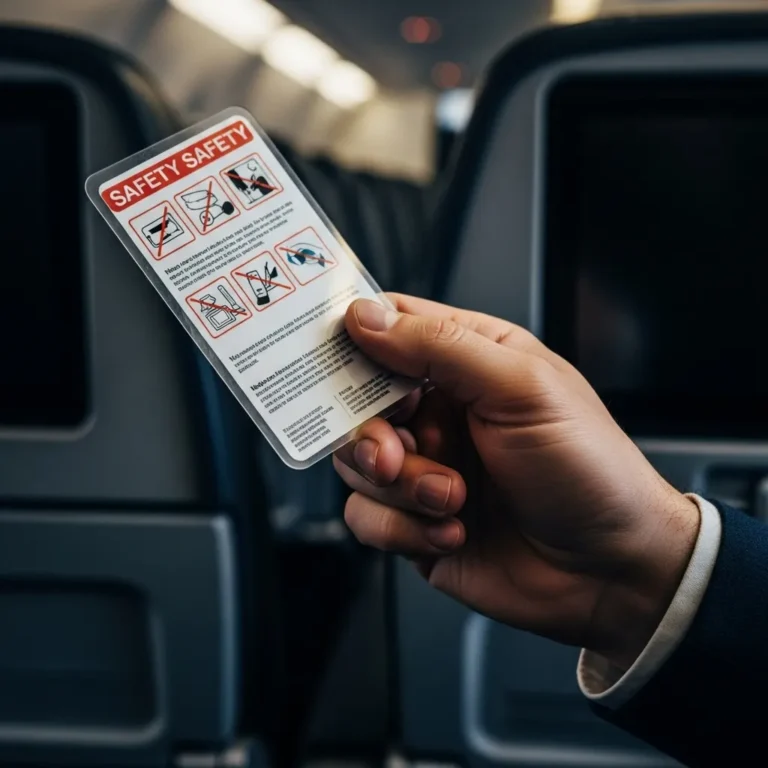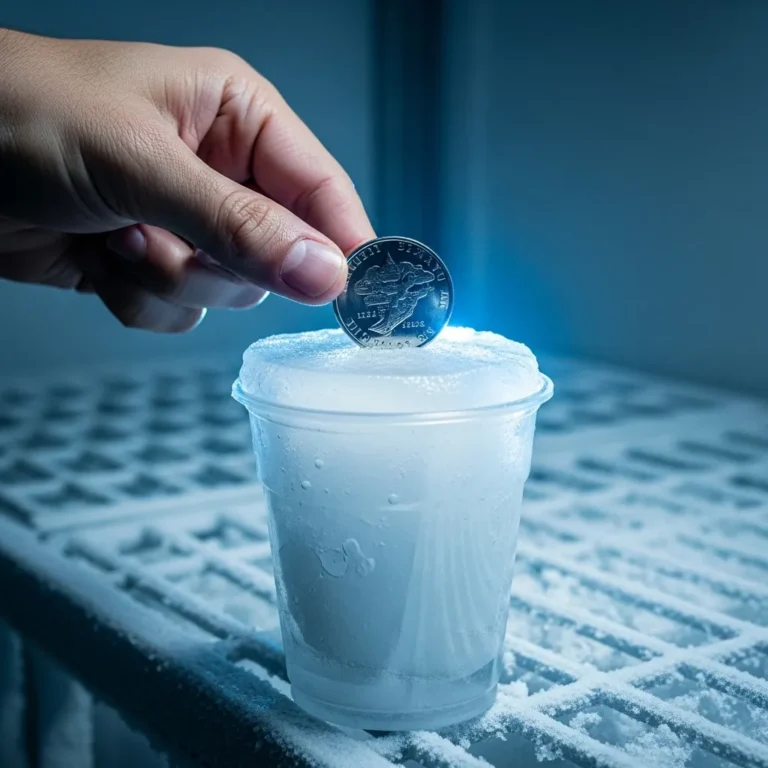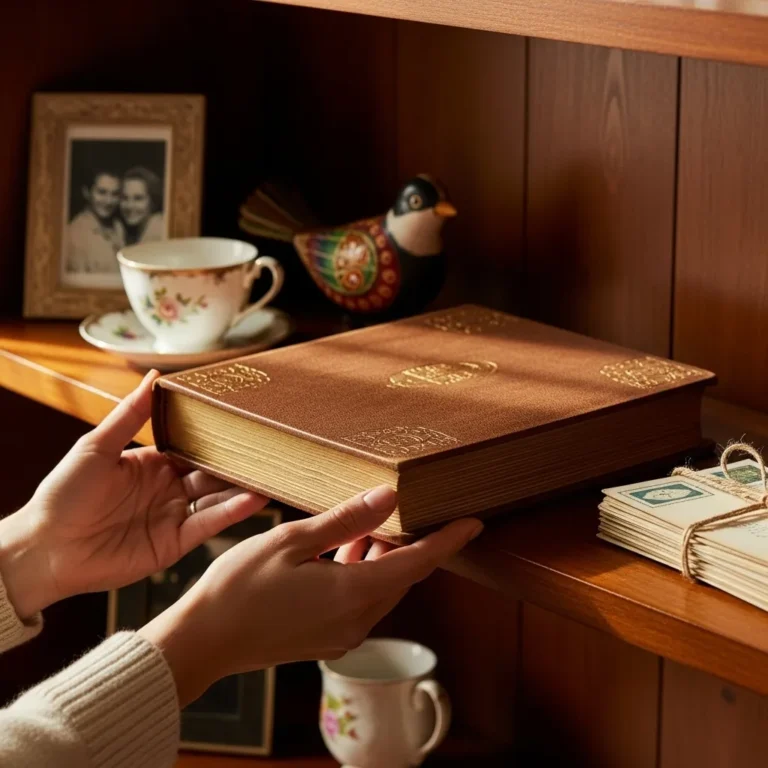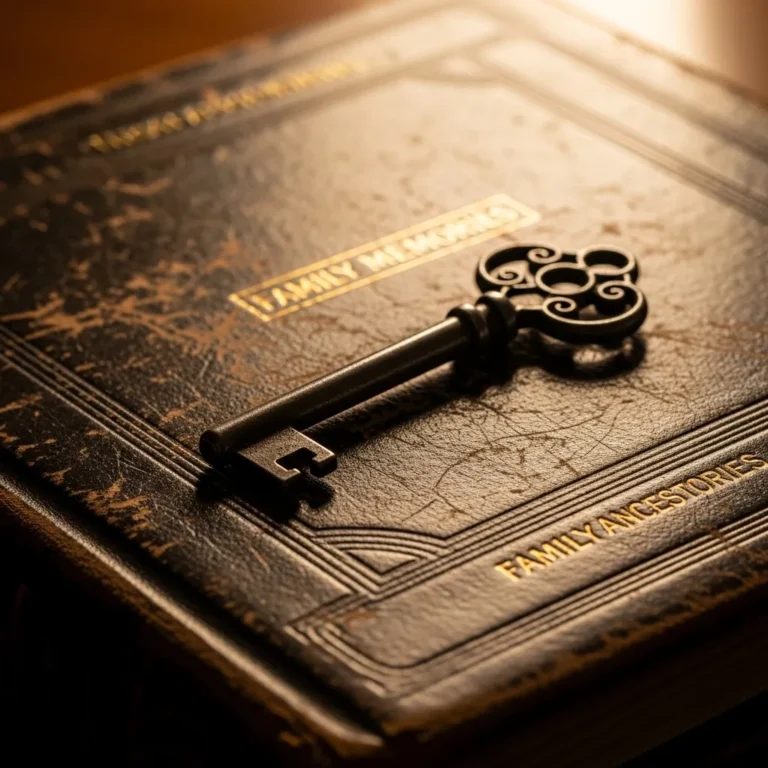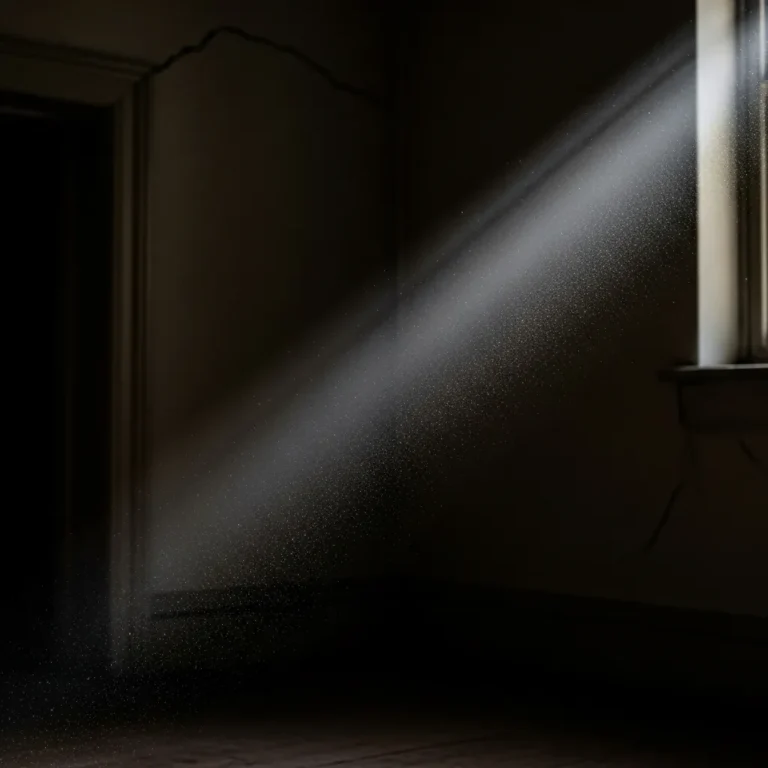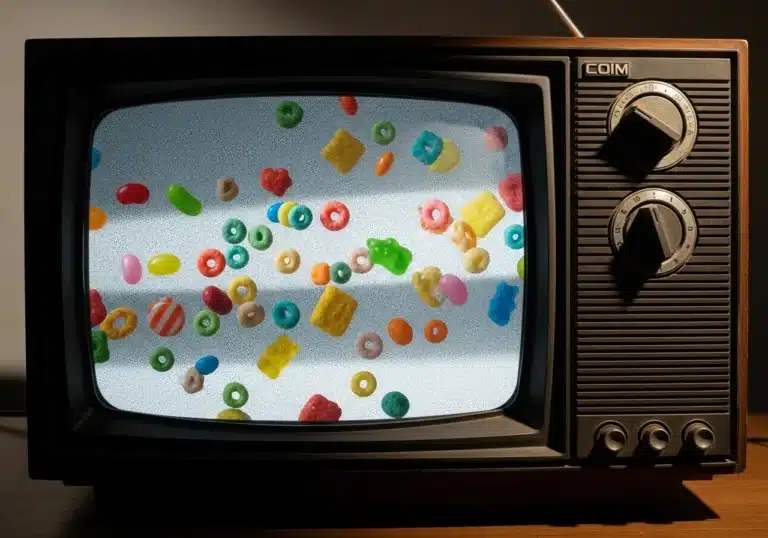
The Enduring Power of the Imperfect Moment
The history of political gaffes is a mirror reflecting our changing relationship with media, technology, and power. We have journeyed from an era where a leader’s stumbles were shielded by a deferential press to a digital age where every syllable is captured and dissected for political advantage. The embarrassing moments in politics are more than just fodder for late-night comedy; they are cultural artifacts that reveal the anxieties and obsessions of their time.
Gerald Ford’s Poland comment speaks to the high stakes of Cold War rhetoric. Dan Quayle’s “potatoe” moment captures the media’s power to enforce a narrative. Howard Dean’s “scream” marks a turning point in the weaponization of the soundbite. And today’s viral gaffe compilations highlight a new, intensely partisan media landscape where context is the first casualty.
These imperfect moments serve one other crucial function: they are reminders of the shared humanity, and fallibility, of those we elect to lead us. In a world of polished speeches and carefully managed public images, a gaffe can be an accidental, fleeting glimpse of the unscripted person behind the podium. They are a testament to the fact that even in the most controlled of environments, authenticity—however clumsy or unintentional—has a way of breaking through.
Next Steps for the Curious Reader
To understand the full context behind these moments, it is essential to engage with primary sources and historical records. Here are a few ways to continue your exploration of American political history:
Watch Unedited History: The C-SPAN Archives provide an unparalleled, unfiltered look at political events, speeches, and debates from the past several decades. Watching an event in its entirety is the best way to combat the distortion of the soundbite.
Explore Presidential Records: The U.S. National Archives oversees the presidential library system, which houses the documents, recordings, and artifacts of former administrations. Many of these resources are digitized and available online.
Study the White House as an Institution: The White House Historical Association offers deep dives into the history of the presidency and the executive mansion, providing rich context for how presidential communication has evolved over time.
By engaging directly with these resources, you can move beyond the headlines and compilations to form a more nuanced understanding of the moments that have shaped our political discourse.

